According to analyst Ming-Chi Kuo, the iPhone 17 Air will have a battery with "high energy density". However, he did not reveal detailed information about the product's battery capacity.
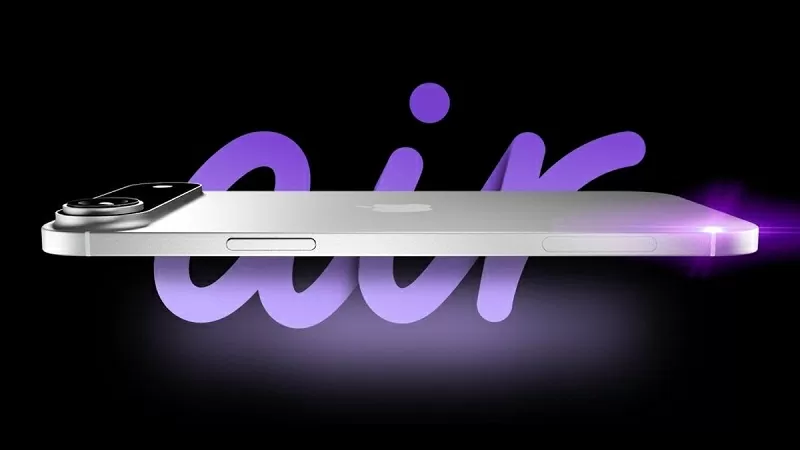 |
| iPhone 17 Air will be 5.5mm thin at its thinnest point |
Previously, many people were concerned that the ultra-thin design would limit the battery capacity of the iPhone 17 Air, affecting the usage time. However, the device may exceed expectations in this regard thanks to new battery technology.
Apple is making major strides in battery technology with High-Density Batteries, which promise to significantly improve battery life without increasing the size of the device.
The advantage of this new technology is that it increases battery capacity without increasing its size. High-density battery technology will help store more energy in the same space than conventional lithium-ion batteries. This is especially important for thin devices like the iPhone 17 Air.
By using modern materials like silicon-carbon instead of traditional graphite, the battery can achieve higher energy density, allowing the iPhone to last longer without needing a larger battery.
High-density batteries not only help extend daily usage, but can also help reduce battery degradation and maintain better performance after years of use.
In addition, "Apple" is also said to use the C1 modem on the iPhone 17 Air, helping to increase energy efficiency. The C1 modem is also equipped by Apple on the iPhone 16e model and brings outstanding energy saving efficiency.
Kuo also said that the iPhone 17 Air will only integrate a single lens to ensure an ultra-thin design. The device is expected to be only 5.5mm thin at its thinnest point.
According to the Wall Street Journal , the starting price of the iPhone 17 Air will be from $ 900. This model is positioned equivalently and will replace the current iPhone Plus version.
Apple is expected to launch the iPhone 17 Air in September this year alongside the iPhone 17, iPhone 17 Pro, and iPhone 17 Pro Max models.




![[Photo] Prime Minister Pham Minh Chinh holds meeting to launch exhibition of national achievements to celebrate 80th National Day](https://vphoto.vietnam.vn/thumb/1200x675/vietnam/resource/IMAGE/2025/6/23/0c0c37481bc64a9ab31b887dcff81e40)
![[Photo] Prime Minister Pham Minh Chinh chairs the national online conference on combating smuggling, production and trade of counterfeit goods.](https://vphoto.vietnam.vn/thumb/1200x675/vietnam/resource/IMAGE/2025/6/23/4a682a11bb5c47d5ba84d8c5037df029)









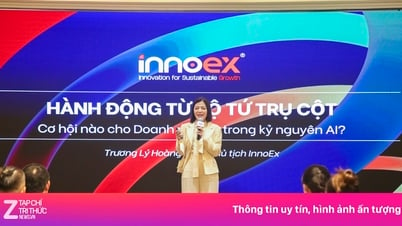









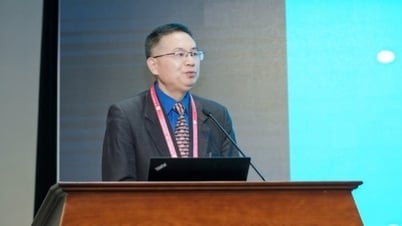
![[Photo] Party Congress of the Central Internal Affairs Commission for the 2025-2030 term](https://vphoto.vietnam.vn/thumb/1200x675/vietnam/resource/IMAGE/2025/6/23/5bf03821e6dd461d9ba2fd0c9a08037b)
















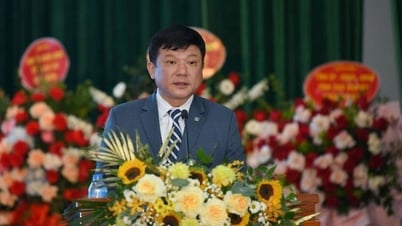


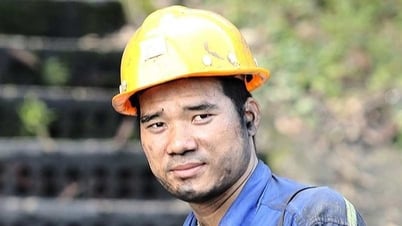

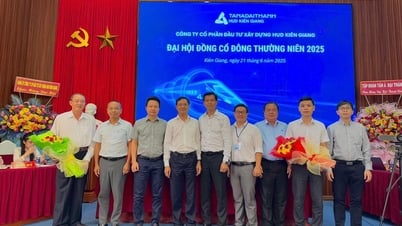






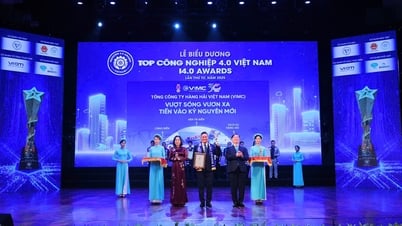

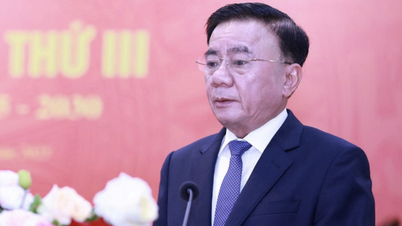




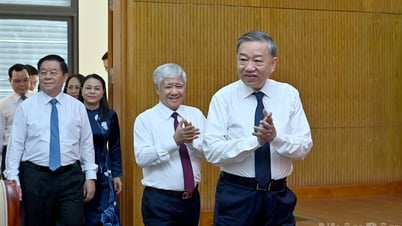

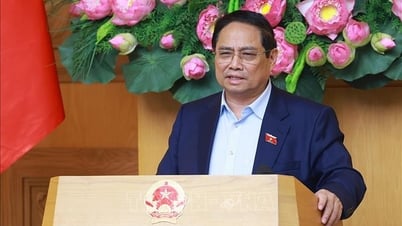




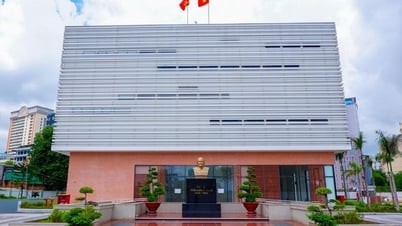



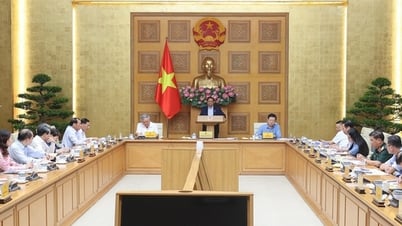
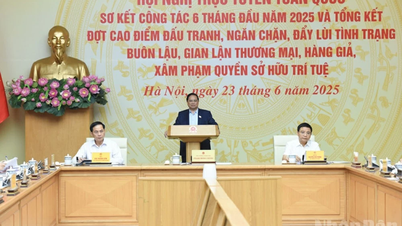









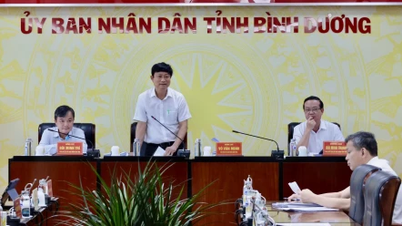















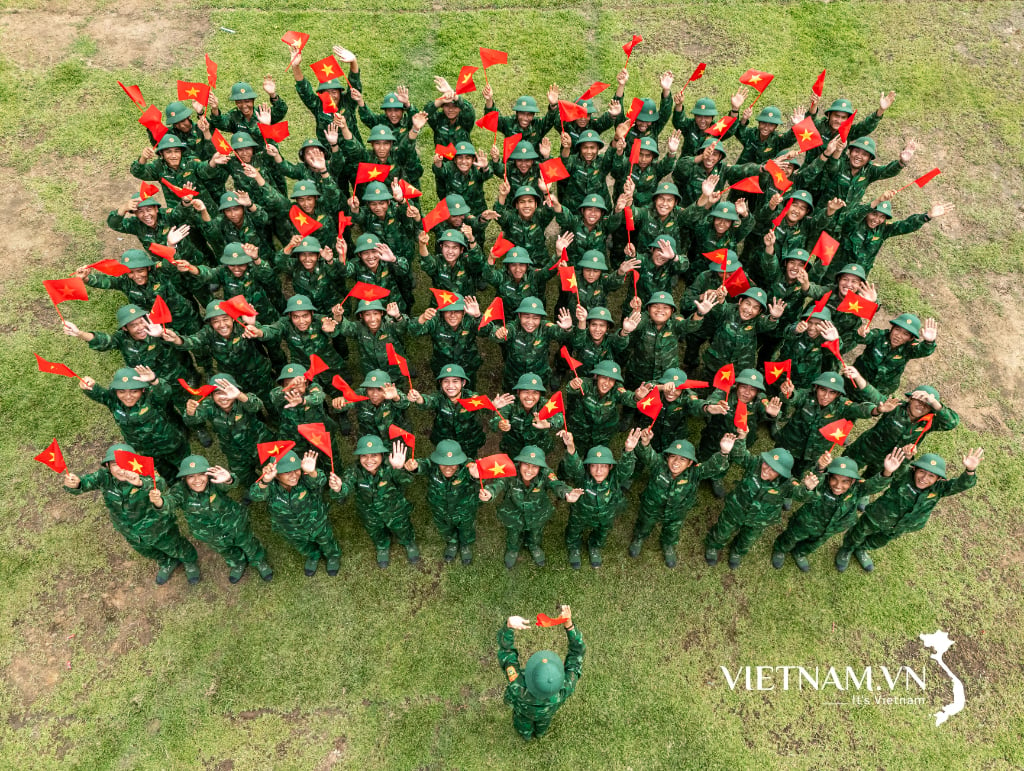
Comment (0)